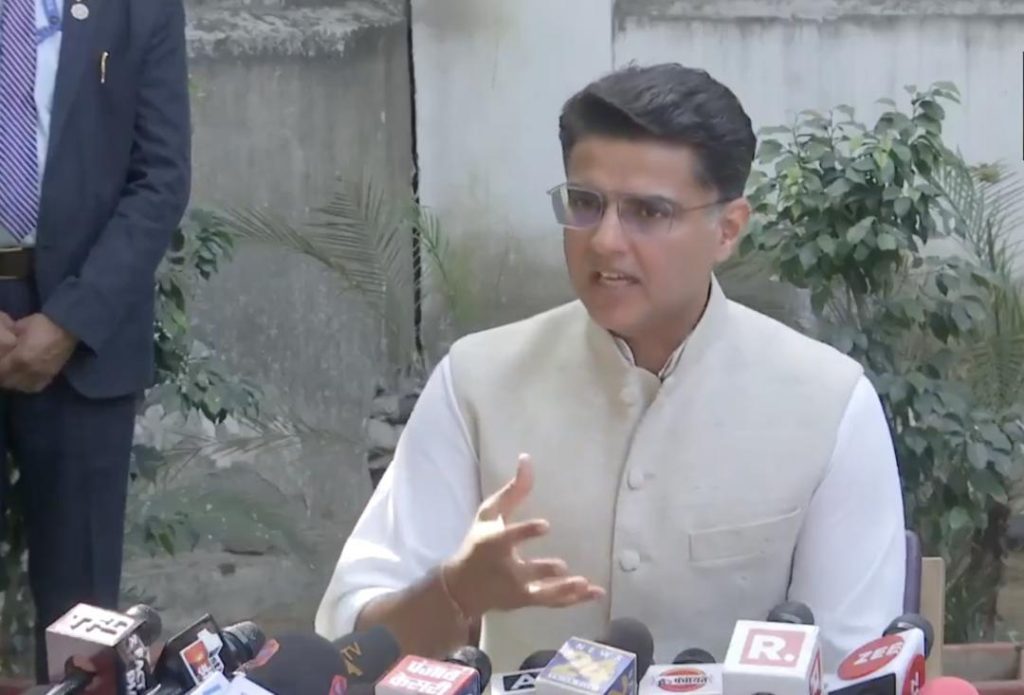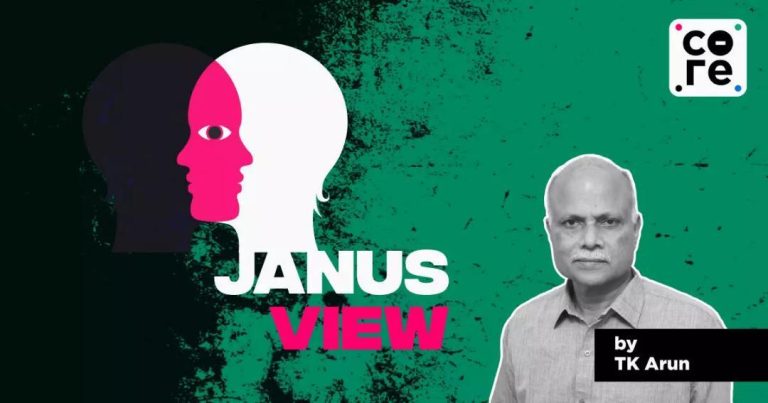
Congress’ Performance Not Good in Delhi, We Will Work on it: Pilot
The recent Delhi Assembly elections have brought forth a mixed bag of results for the major political parties in the country. While the ruling AAP has emerged victorious, the Congress party has faced a setback, failing to make a significant impact in the polls. In the wake of this disappointing performance, the Congress leader, Sachin Pilot, has spoken out about the party’s performance, acknowledging that it was not up to the mark.
In a recent statement, Pilot expressed that the Congress had contested the Delhi elections with the aim of rebuilding its position in the city and increasing its vote share. While the party was able to achieve a 30% increase in its vote share, Pilot admitted that the overall performance was not satisfactory. He emphasized that the party will continue to work towards improving its position and will not rest until it achieves its goals.
Pilot’s remarks come as a clear acknowledgment of the Congress party’s failure to make a significant impact in the Delhi polls. Despite being one of the oldest and most prominent political parties in the country, the Congress has been struggling to regain its lost ground in recent years. The party’s performance in the Delhi elections is a stark reminder of its dwindling popularity and its failure to connect with the people.
The Congress party’s poor performance in the Delhi elections is attributed to several factors, including its internal rifts, lack of a strong leadership, and inability to articulate its vision for the people. The party’s failure to address the concerns of the people, particularly the youth and the marginalized sections of society, has led to a significant erosion of its support base.
The Delhi elections also saw the emergence of the AAP as a major force in the city’s politics. The party’s success can be attributed to its ability to connect with the people, its anti-corruption agenda, and its commitment to providing quality education and healthcare to the people. The AAP’s success has also highlighted the Congress party’s inability to adapt to the changing political landscape and its failure to evolve with the times.
Pilot’s statement is a clear acknowledgment of the Congress party’s limitations and its failure to deliver on its promises. He has emphasized that the party will work towards improving its performance and will not rest until it achieves its goals. However, the question remains as to what concrete steps the party will take to address its shortcomings and improve its performance.
One of the key areas where the Congress party needs to focus is on strengthening its leadership. The party has been plagued by internal rifts and a lack of strong leadership, which has led to a decline in its popularity. The party needs to identify a strong and charismatic leader who can connect with the people and articulate its vision for the future.
Another area where the Congress party needs to focus is on its policy agenda. The party has failed to articulate its vision for the future and has been unable to address the concerns of the people. The party needs to develop a comprehensive policy agenda that addresses the concerns of the people, particularly the youth and the marginalized sections of society.
The Congress party also needs to focus on its organizational structure and develop a more robust and decentralized approach to politics. The party has been plagued by its centralized approach to politics, which has led to a decline in its popularity. The party needs to empower its grassroots level workers and develop a more decentralized approach to politics.
In conclusion, Sachin Pilot’s statement is a clear acknowledgment of the Congress party’s poor performance in the Delhi elections. The party’s failure to make a significant impact in the polls is a stark reminder of its dwindling popularity and its inability to connect with the people. To improve its performance, the party needs to focus on strengthening its leadership, articulating its policy agenda, and developing a more robust and decentralized approach to politics.






